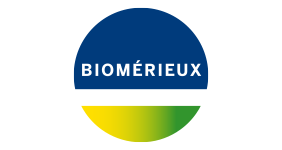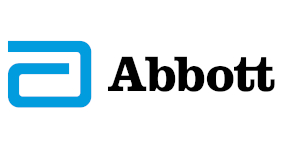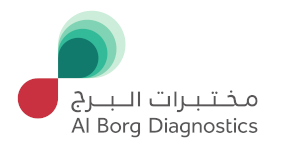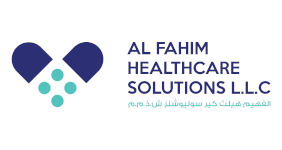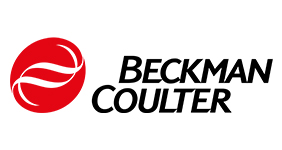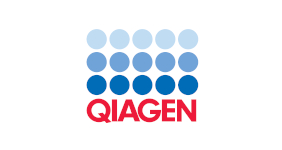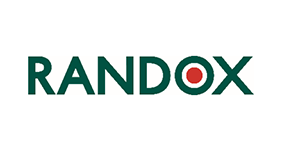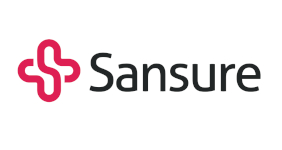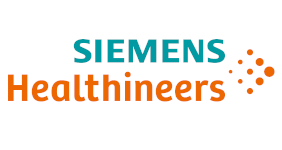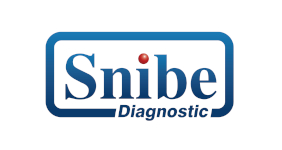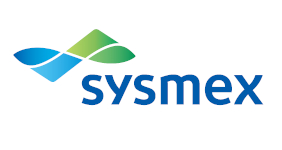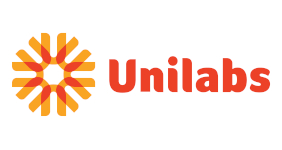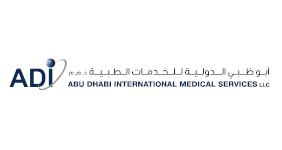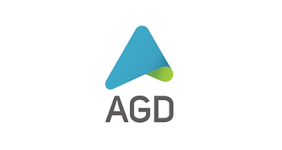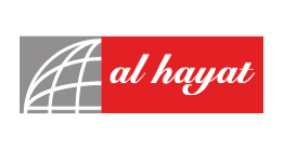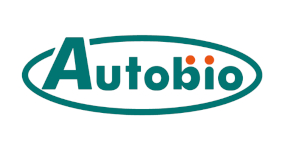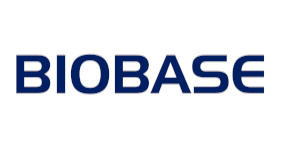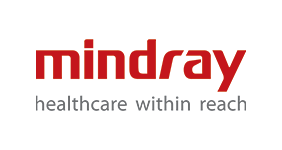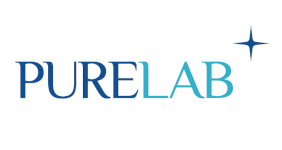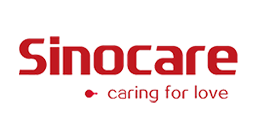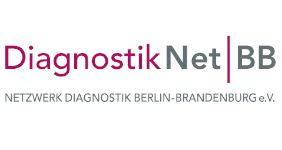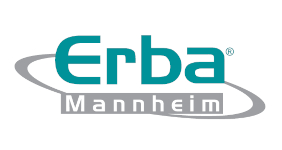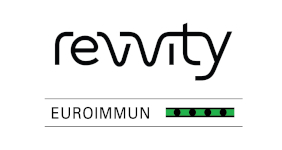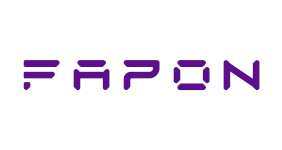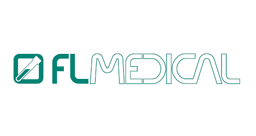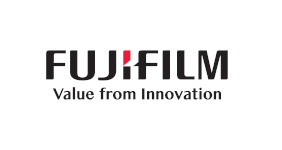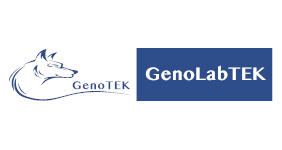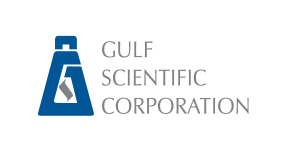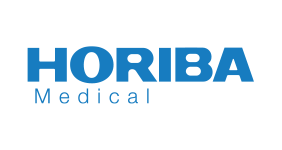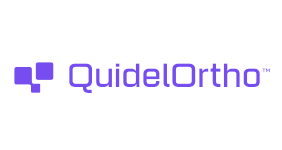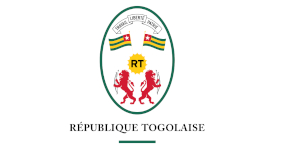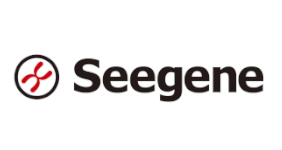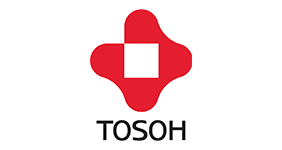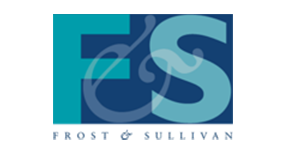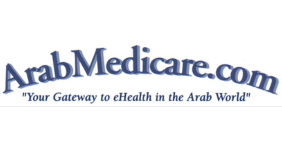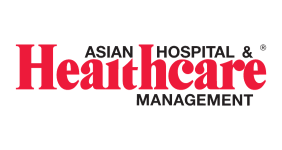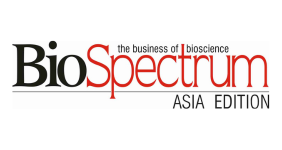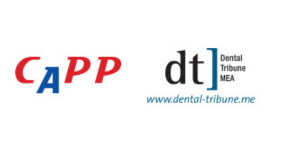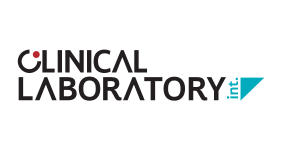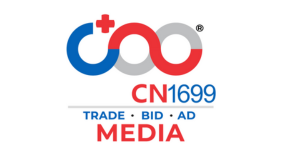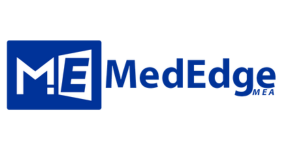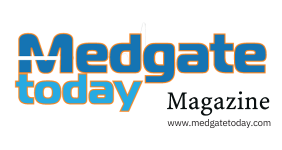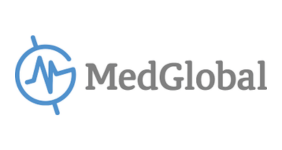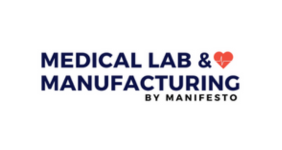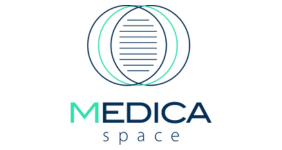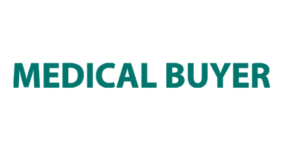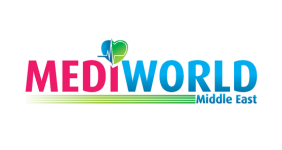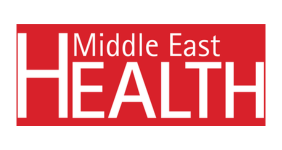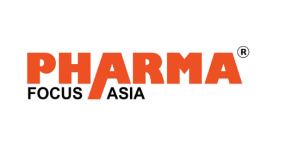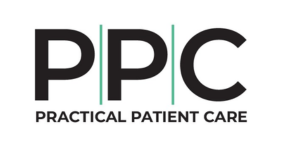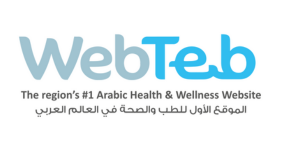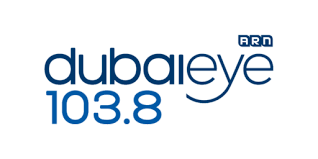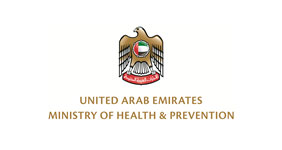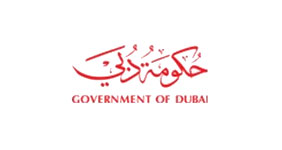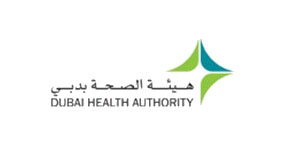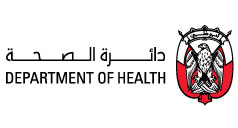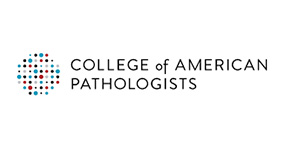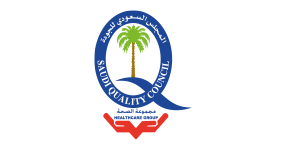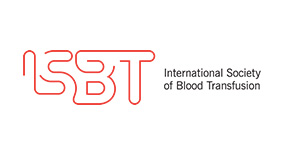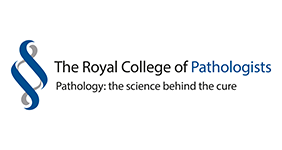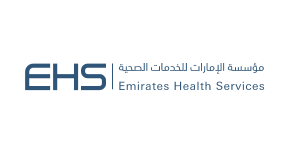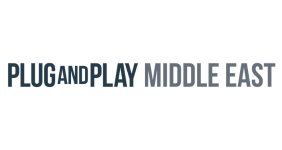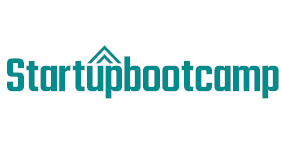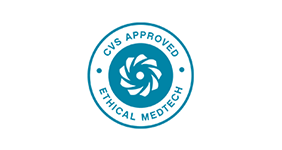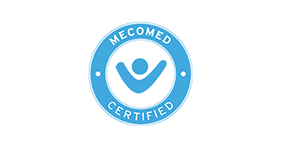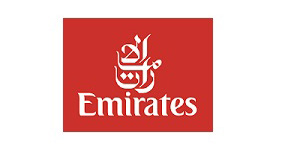Tell us about yourself. What are you showcasing at Medlab Middle East 2022?
I began my tenure as Illumina’s Chief Commercial Officer in 2021 leading global sales, commercial operations, and commercial strategy and enablement. I spent the majority of the last decade in Illumina’s R&D organization where I most recently served as Chief Product Officer. I am committed to empowering Illumina customers with innovations to further unlock the power of the genome. Our focus on innovation has established Illumina as a leader in DNA sequencing and array-based technologies, serving customers in the research, clinical and applied markets. Our products are used for applications in the life sciences, oncology, reproductive health, agriculture, and other emerging segments.
The Illumina booth will showcase our latest Next-Generation Sequencing (NGS) technologies and solutions in a variety of clinical settings such as oncology, genetic disease testing and non-invasive prenatal testing (NIPT). The priority focus will be on implementing genomic sequencing at birth for identification of rare and undiagnosed disease, to improve healthcare outcomes for families in the Middle East. The Miseq™ and NextSeq™ 2000 instruments will be featured, with demonstrations on the flexible workflows and the multiple software choices for handling the bioinformatic data, providing an interactive and engaging customer experience.
Medlab provides us with opportunity to introduce our 20 new channel partners in the region, demonstrating our commitment to providing local education and support as the genomic partners of choice.. Illumina will also be running two workshops in the seminar program focusing on the impact genomic sequencing is making in rare and undiagnosed diseases.
This year’s theme is ‘Connect with innovation that’s changing the face of diagnostics’. What does innovation in diagnostics mean to you?
For Illumina, innovation in diagnostics is about transforming healthcare through the power of unlocking the genome for all. Developments in genetic analysis tools for molecular diagnostics are revolutionizing the practice of medicine, improving prenatal and reproductive care, enabling earlier disease detection, and advancing treatment of heritable disease. We are continuing to invest in developing companion diagnostics for investigational medicines to provide patients with ground-breaking personalized therapies. With the growing need for next-generation sequencing (NGS)-based genomic testing within healthcare systems, Illumina is leading the way in making this technology more affordable and accessible, as the costs of NGS continue to decline.
Clinical laboratories are increasingly adopting NGS assays as standard tools for identifying and understanding the genetic differences in disease. Illumina’s growing menu of assays and kits are enabling them to create and deploy NGS-based molecular diagnostic tests for cystic fibrosis, colorectal cancer, and a wide range of other applications. Additionally, our MiSeq™Dx instrument has been designed specifically for the clinical laboratory environment, and is the first FDA-regulated, CE-IVD-marked NGS system for in vitro diagnostic (IVD) testing.
To what extent will emerging technologies such as AI and big data influence the medical laboratory industry?
By its nature, genomics is a field of big data – a single whole human genome sequence produces approximately 200 gigabytes of raw data. Estimates predict that genomics research will generate up to 40 exabytes of data within the next decade, that’s eight times more than all the words ever spoken by humans. Having ways to analyse, interpret and store these big data is central to being able to unlock the power of the genome for human benefit.
At Illumina, we have tackled these challenges head-on through innovative R&D. At the start of 2021, we launched Illumina Connected Analytics, which is a cloud-based, secure data platform where customers can more easily manipulate large volumes of multiomic data and store it at reduced costs. We have also integrated bespoke genomic-specific compression technology into our DRAGEN software, allowing customers to compress sequencing data by five-fold and save up to 80% on their data storage costs, whilst ensuring that none of the data is corrupted or lost.
Machine learning forms of artificial intelligence (AI) help to process the vast quantities of genome-sequence data to look for hidden patterns in DNA that can reveal the genetic cause of an illness or condition. We use such technologies increasingly in our products. For example, our TruSight™ Software Suite, which runs on our high-throughput NovaSeq™ platform, uses AI to translate sequencing data into meaningful results in rare disease cases that can be readily interpreted by clinicians. AI is also a key component of the new Galleri early-stage cancer test developed by GRAIL, a company we spun out and recently reacquired.
What other trends do you see emerging in the coming months that will impact the medical laboratory industry?
With sequencing becoming standard of cancer care in therapy selection, we see a big trend towards expanded use of comprehensive genomic profiling (CGP) in-house molecular testing to identify mutations and biomarkers within tissue samples. For laboratories, in-house testing of biopsy samples offers many benefits over send-out services – it’s more cost-effective, there is better control over samples and the data generated, and the improved turnaround times eliminate delays in genetic analysis.
As a leader in next-generation sequencing technologies, we are opening up opportunities to make genomic data more accessible to researchers and clinicians worldwide. Our leading CGP assay, TruSightOncology™ 500, is one of the largest and most comprehensive panels to date, enabling analysis of 523 cancer-related genes to provide actionable information, and we are seeing greater adoption by laboratories as they see the potential it offers.
Additionally, we recently unveiled new patented technologies for a highly accurate and cost-effective long-read workflow, codenamed Infinity, which will set a new standard in sequencing. Launching later in 2022, Infinity can provide fast and accurate reads of all lengths, enabling 10x greater throughput, with 90% less DNA input than existing standard workflows for long reads. It’s a hugely exciting development that can be fully automated and is seamlessly compatible with sequencing by synthesis (SBS) chemistry, enabling it to be rapidly applied across Illumina’s 20,000 instrument installed base.
What have you learned from the pandemic from a diagnostics or lab perspective?
Key learnings for us were the need for nimbleness and adaptability. We had to focus on finding solutions so we could continue to serve our customers and fulfill orders on time – we sell products in more than 140 countries. Early on in the pandemic, the first thing we looked at was continuity of the supply chain, so we invested in increasing our own production capacity so that we could build supplies to meet customers’ needs.
What, if anything, will you be doing differently in the post-pandemic era?
The pandemic has brought into sharp focus the critical role of genomics in healthcare, accelerating social acceptance of the science behind genomics and its adoption by perhaps 5-10 years.
We see the infrastructure for COVID-19 surveillance as the foundation for broader pathogen surveillance to increase around the world so we will be leveraging our capabilities here. MiSeq™, coupled with our COVIDSeq™ 96-sample assay, is enabling labs around the world to engage in local pathogen surveillance. Illumina supports over 70 countries to expand genomic capabilities, helping to overcome inequity in access to NGS in low- to middle-income countries. Our commitment to this will continue. Our sequencing and bioinformatics solutions will be used to identify biomarkers that can help predict potential risk of serious disease and support the development of novel therapeutics to combat COVID-19.
The gradual pandemic recovery is seeing an acceleration in several population genomics programs and we’ll be aligning with government health systems around the world – we are already supporting over 30 of these population genomics initiatives. The accuracy and scalability of our sequencing platforms combined with our end-to-end solutions, like Illumina Connected Analytics, make us an ideal partner for large sequencing initiatives like these. The value of these population programs is expanding across clinical outcomes, research, and drug discovery, so we expect these to be critical to innovation – findings will translate into greater use of sequencing in clinical workflows and actionable data for drug discovery across common diseases.
Is there anything else you would like to add?
Illumina is looking forward to opening its Solution Center in the heart of Dubai in Q1 2022, and to providing a facility with state-of-the-art genomic capability for training and knowledge sharing across the region. The content and guided demonstrations of next-generation sequencing (NGS) technology have been tailored for users of all experience levels. The Solution Center is a culmination of our commitment to creating a lasting partnership with the UAE and its scientific and healthcare communities, in helping to shape the future of healthcare in the Middle East.




